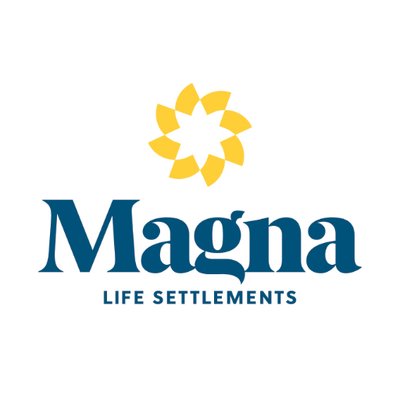Universal Life Premiums: Rising Insurance Policy Premiums

Older Americans today have many excellent reasons to pursue the sale of a life insurance policy in a life settlement, but one of the most prevalent reasons is the continuous cost of paying premiums. And for those maintaining a universal life policy, a recent Wall Street Journal article links these higher premiums to a historic drop in interest rates.
According to Leslie Scism in the September 19, 2018 Wall Street Journal, many policyholders are finding that universal life hasn’t performed as anticipated over time, especially when a decade of low interest rates have depleted the tax-deferred savings account linked to the policies. The savings accounts are designed to offset the cost of renewing the insurance each year, but as interest rates have remained low the accounts have been insufficient to stave off increasing premiums.
Magna Life Settlements Overview
Retirement and Rising Insurance Policy Premium
The article cited one case study in which a 55-year-old had purchased a $1 million policy in 1988 with an annual premium of $12,000. By the time that individual turned 80 in 2013, the savings account was gone and the premium had risen to $50,000 a year. In another case, an 85-year-old retired teacher was paying $30,000 a year for his three universal life policies—three times the premiums when the policies were issued.
Differences Between Term and Universal Life Insurance Premiums
Term insurance is essentially insurance only, with the sole goal of helping a beneficiary upon the policyholder’s death without a secondary investment component, Cash-value insurance, the umbrella that includes universal life, whole life and variable life, is designed to provide both insurance benefits and investment dividends to the holder.
In a cash-value policy, part of the premium goes toward building investments held by the insurance provider.
The risks of many universal policies and other cash-value products are one reason why advocates may guide clients to buy only term life insurance.
On the balance, a universal life policy is a poor investment because the amount of money paid in over the years, in the form of premiums, commissions and fees, does not compare favorably with the yield of the policy.
A third option is to buy only as much insurance as you need and seek out more reliable investment vehicles, like IRAs or 401K plans.Individuals shopping for life insurance should start with a trusted financial advisor, who can advise them about the benefits and risks of each type of insurance without an agenda and also help determine how much life insurance they may need.
Advocates are also ready to advise when, in the policyholder’s retirement years, he or she decides to pursue the sale of the policy.
Insurance Policy Lapse Due to Non Payment of Policy Premiums
Those who believe they are stuck paying premiums while also trying to fund retirement costs like healthcare and housing must be educated about options like life settlements. Rather than surrender a policy, an individual faced with ongoing premiums might be able to sell their policy for a higher amount.
Not everyone who pursues a life settlement actually qualifies for the transaction, but for those who do qualify, a settlement can convert a life insurance policy into a cash windfall. The two biggest factors in whether an insurance policy is marketable are the health status of the insured and the rating of the policy at the time of its issue. For those who don’t qualify for a settlement but need another option for an insurance policy that no longer serves their needs, a financial advisor or insurance agent can recommend other options to save money on premiums and get some benefit out of a policy.
Funding Retirement by Not Paying Universal Life Insurance Policy Premium
Seniors shouldn’t let ongoing premiums cause more harm than good. Depending on the health impairments of the insured and the cost structure of the original policy, a life settlement could yield a amount higher than the surrender value. When premiums rise and the purpose for originally purchasing a life insurance policy no longer exists, a life settlement can turn a liability into a liquid asset.
Life settlement providers like Magna Life Settlements stand ready to answer any questions seniors or their advocates may have about life settlements, and anyone can access our life settlement calculator to determine if they may qualify for a life settlement on the secondary market.








